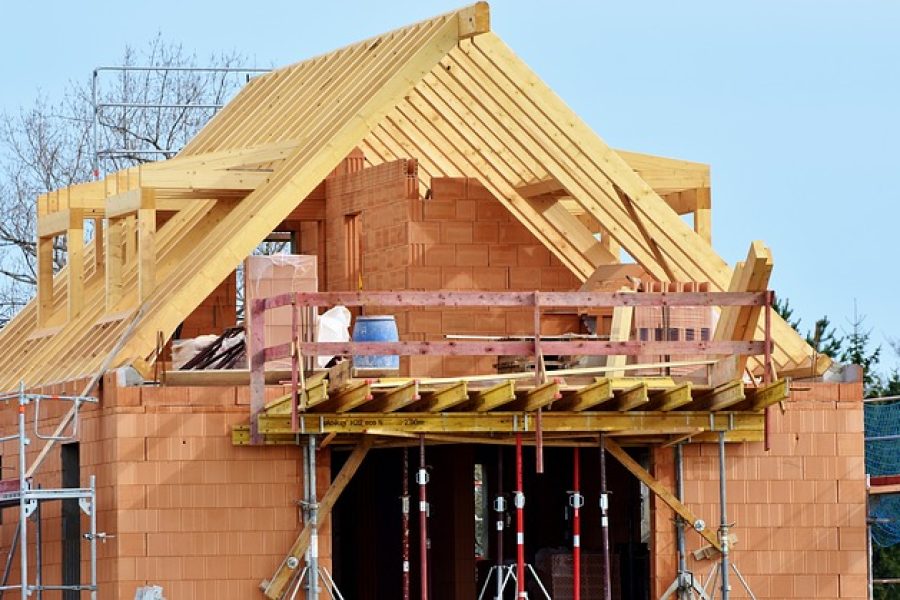San Francisco Mayor London Breed’s proposal to boost home building won’t alone relieve the city’ housing shortage. But as starts go, it’s not a bad one.
Breed is rolling out a bill that would kill permits and inspection fees, eliminating “thousands of dollars” in building costs, the San Francisco Chronicle is reporting.
Unfortunately, the cuts are available only on developments in which “100 percent affordable housing projects and accessory dwelling units are built or renovated,” says the Chronicle. The effects will be limited, since “affordable housing” is only a small part of the overall housing sector.
In another twist, the fees are not necessarily paid out of builders’ wallets. The dollars taken in by the Department of Building Inspection during the permitting process for affordable housing projects are provided for by the Mayor’s Office of Housing and Community Development, which is, according to the Chronicle “the main source of funding for affordable housing” programs.
It’s “fairly ludicrous,” Sam Moss, executive director of the Mission Housing Development Corp., told the Chronicle, for one city department to recoup a portion of the funds that had been granted by another city department.
Breed’s bill should eliminate that practice. But fee relief needs to be extended to all home building in San Francisco. Eliminating punitive charges could mean the difference between profit and loss for a contractor planning to build homes, which would mean the difference in the homes being built or not.
“Affordable housing” projects receive a great deal of attention – and piles of public dollars. It’s a mistake, though, to focus on this single facet of housing. The stock of affordable housing for all is increased by the addition of higher-priced homes, even luxury models.
Says the nonpartisan Legislative Analyst’s Office in its 2016 Perspectives on Helping Low-Income Californians Afford Housing report:
“Because most new construction is targeted at higher–income households, it is often assumed that new construction does not increase the supply of lower–end housing. . ..
Yet:
“Considerable evidence suggests that construction of market–rate housing reduces housing costs for low–income households.”
Resolving the housing crunch requires an “all of the above” approach that goes well beyond concentrating efforts on affordable-housing programs, which the LAO says, “assist only a small proportion of low–income Californians.”
Beyond cranking back permit and inspection fees, San Francisco City Hall should also:
- Ease municipal zoning laws, which have been accurately labeled “ultra-restrictive” by Harrison Hohman, a Stanford economics major, who argued last fall “the not-so-radical case for de-zoning in San Francisco” in the student newspaper. Of course planners will insist that the idea is indeed radical. But Houston has no zoning laws, and it has some of the most affordable housing in the nation while the greater Houston region is among the leaders in new housing starts, say Chapman University urban studies professor Joel Kotkin and the Center for Opportunity Urbanism’s Tony Gattis.
- Abolish the city’s rent-control laws. When owners can’t raise rents to market levels, the incentive to both build new units and renovate outdated ones is curbed.
- Lighten up on environmental impact regulations, which are among the most complex and costly in the country.
- Make the project-approval process less terrifying for builders.
- Promote a YIMBY (yes, in my back yard) mindset while persuading those who feed the city’s NIMBY (not in my back yard) attitude to withdraw from their hard line.
- Lead a campaign to overhaul the California Environmental Quality act, the single-greatest source of the state’s housing crisis.
The answers to San Francisco and the state’s housing dilemma aren’t secret. They are well-known. What’s needed are leaders who will push forward those solutions.
Kerry Jackson is a fellow with the Center for California Reform at the Pacific Research Institute.


